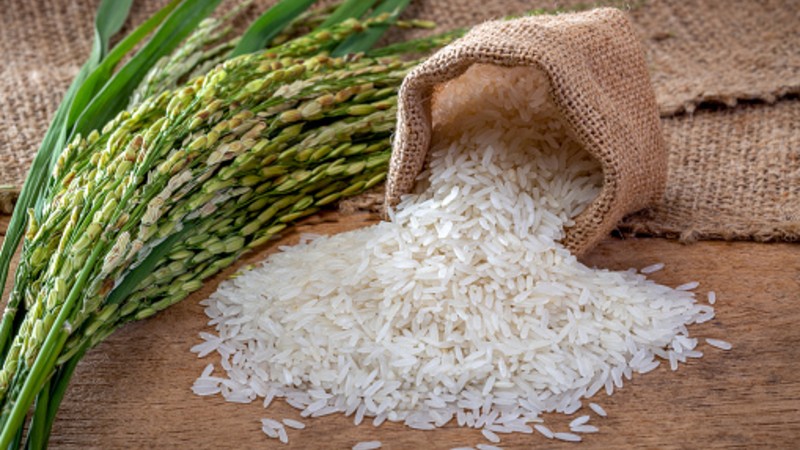In a significant milestone for Pakistan’s rice sector, exports reached an unprecedented $3.88 billion during the fiscal year 2023-24, marking a remarkable 78% increase. This achievement, attributed to the Indian rice export ban, has been lauded by Rafique Suleman, former chairman of the Rice Exporters Association of Pakistan (REAP) and Member of the Executive Committee FPCCI.
Suleman expressed satisfaction with the sector’s performance, highlighting a 60% growth in export quantity alongside the substantial increase in export value compared to the previous fiscal year. He emphasized that Pakistani exporters benefited from favorable international rice prices due to India’s export restrictions, contributing to this historic milestone.
Under the current leadership of REAP, Suleman noted strategic marketing efforts that successfully met export targets, which had remained stagnant for several years. He also underscored ongoing efforts to explore new markets, advocating for government-level negotiations on free trade agreements with West African countries, Indonesia, and Malaysia. Suleman proposed official trade delegations, including the Commerce Minister, to enhance export opportunities in these regions.
Looking forward, Suleman acknowledged challenges ahead, including water scarcity affecting rice production. He urged the government to prioritize water management and infrastructure development to enable multiple rice crops annually, similar to other rice-producing countries like Thailand and Vietnam.
Regarding Basmati rice exports to Iran, Suleman highlighted the critical issue of banking channel availability, which has adversely impacted trade. He urged swift resolution of this issue to mitigate losses for exporters.
Suleman also criticized recent tax policy changes affecting exporters and called for immediate reconsideration by the Prime Minister. He emphasized the sector’s significant contribution to Pakistan’s economy and projected potential for rice exports to reach $5 billion by 2027 with appropriate government support and policy alignment.
